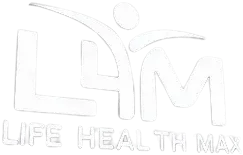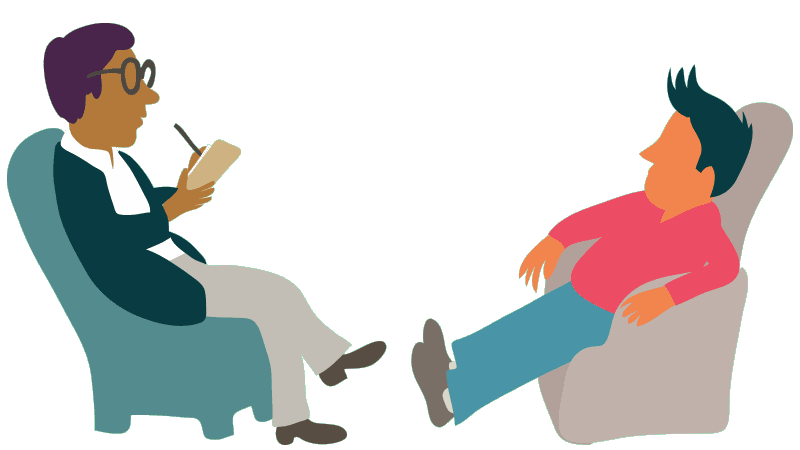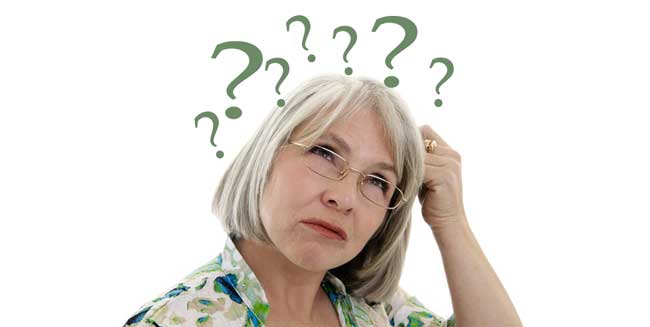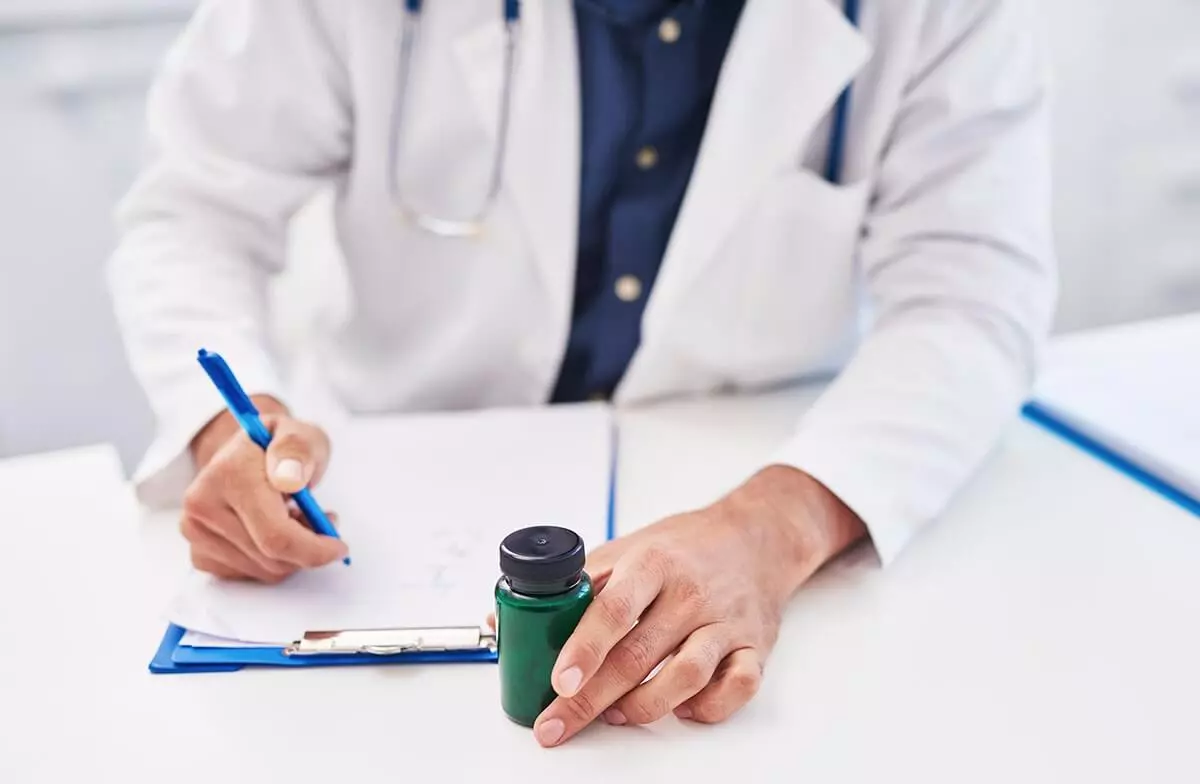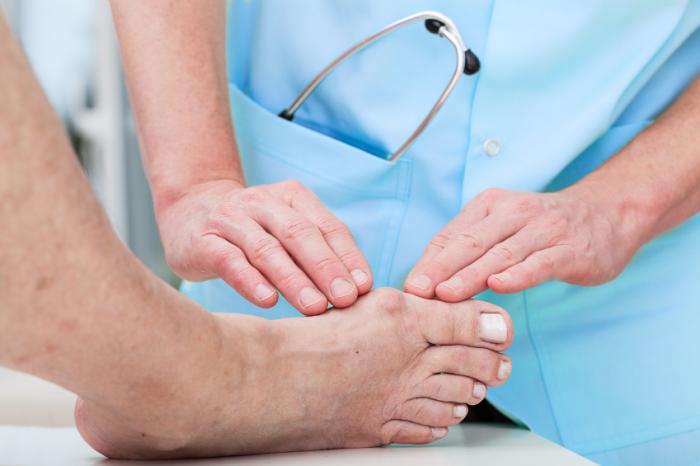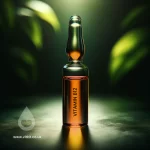Addiction can be used to describe any pattern of compulsive behavior that triggers negative consequences for the user.
While commonly applied to alcohol and drug abuse, people can become addicted to almost anything, from nicotine and prescription medications to gambling and online gaming.
Someone with an addiction continues even in the face of adverse outcomes. Main Types of Addiction: Chemical Addiction and Behavioral Addiction Addictions recognized by experts can be broadly cleaved into two types:
- Chemical addiction: This is the umbrella term used for any addiction involving the use of substances, legal or illicit
- Behavioral addiction: Behavioral addictions are characterized by persistent and compulsive repeated behaviors offering no tangible benefit
In many cases an addiction can have a mental health aspect as well as the substance abuse itself. If that is the case dual diagnosis treatment centers in southern california can help you get lasting recovery.
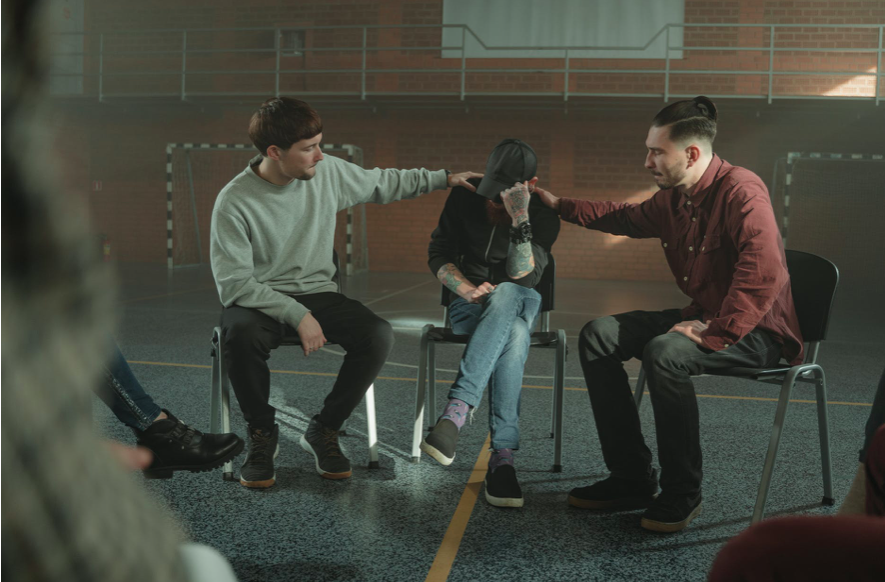
Chemical Addiction: Basics
There is a great deal of confusion surrounding what constitutes substance misuse, substance abuse, dependency, and addiction.
In DSM-5, the fifth and current edition of the Diagnostic and Statistical Manual of Mental Disorders, the term substance use disorder is used in place of the above terms.
Substance use disorder is diagnosed using the criteria set down in DSM-5, with symptoms classified as mild, moderate, or severe. Employing the term substance use disorder not only clears up some of this confusion, but it also helps to destigmatize addiction by avoiding terms like abuse and addict.
While all drink and drug addictions are different, there are some common markers for substance use disorder. These include:
- Tolerance building so you need to use more of the substance to achieve the same effect
- Experiencing cravings so intense they are all-consuming
- Spending less time doing things you previously enjoyed
- Getting withdrawal symptoms when you discontinue use of the substance
- An inability to moderate usage or to stop using the substance
- Your substance use is causing problems at home, school, or work
- You find yourself engaging in risky behaviors due to substance use
- Sometimes, you use the substance in situations where it is dangerous – driving, for example
- If unable to access the substance, you feel uneasy or uncomfortable
- You are finding it difficult to manage your responsibilities, whether at home, work, or school
Some of the most common addictive substances are:
- Alcohol
- Marijuana
- Opioid painkillers
- Heroin
- Cocaine
- Meth
- Amphetamines
- Nicotine
Behavioral Addiction: Basics
The concept of behavioral addictions polarizes opinion.
Most medical professionals tend to agree that some behavior patterns can become problematic over time, debate surrounds the following:
- Which specific behaviors are addictive
- The point at which behaviors become addictions
There are some other types of behaviors often considered addictions that we’ll explore below, but these are not included in DSM-5, as the APA believes there is insufficient peer-reviewed evidence necessary from which to extrapolate standard diagnostic criteria.
Chemical Addiction: Treatment
Aiming to stop or even moderate substance abuse can be challenging without trained medical support.
Most substance use treatment starts with medical detox. With addictions to alcohol, benzodiazepines, and opioids, FDA-approved medications can soothe the intensity of some withdrawal symptoms and minimize cravings. Medical detox makes the initial phase of recovery more comfortable, and mitigates much of the risk.
From this point, the choice typically involves:
- Residential rehab
- Outpatient treatment programs
For mild addictions, and for anyone unable to commit to a month or more in a treatment facility, outpatient programs can be effective. Here, you’ll attend a treatment center for several hours on weekdays, returning home in the evening and at weekends. Affordable and flexible, outpatient treatment for addiction is also covered by most health insurance policies.
If you have a more severe addiction, or if your home environment is unstable, inpatient treatment, also known as residential rehab, provides you with intensive treatment for 30 to 90 days. You remain at the treatment center throughout, making this form of treatment the most expensive, as well as the most intensive and structured.
Whether you opt for inpatient or outpatient treatment, you can expect a combination of MAT (medication-assisted treatment) and psychotherapy.
Medication-assisted treatment
FDA-approved medication can be used to effectively treat alcohol use disorder and opioid use disorder.
These medications can reduce the intensity of withdrawal symptoms while also reducing cravings for alcohol or opioids.
MAT is typically delivered in combination with psychotherapy.
Psychotherapy
Psychotherapy like and DBT can be useful for treating substance use disorders. You’ll learn how to identify the people, places, and things that trigger substance use, and you’ll discover healthier coping strategies.
Cognitive behavioral therapy in orange county provides many different options for those in need of psychotherapy. These therapy options can help people find lasting recovery and give them the tools to prevent relapse.
Support groups
Many people recovering from addiction find 12-step support groups like AA and NA beneficial. The 12-step model embraces total abstinence and involves anonymous peer group support and self-help.
SMART recovery offers a more science-based approach to group support.
Behavioral Addiction: Treatment
Just like with chemical addiction, multiple factors contribute to behavioral addictions. As such, treatment approaches vary significantly, but the first line treatment is normally therapy.
Therapy
CBT (cognitive behavioral therapy) is most effective for treating behavioral addictions.
By focusing on the emotions and thoughts causing distress, and learning how to
reframe them, you’ll acquire superior coping skills and you should find yourself less prone to addictive behaviors.
Other treatments
Self-help groups can be useful for some people struggling with behavioral addictions.
In some cases, you may be prescribed SSRI antidepressants to help manage addictive behaviors.

Carl Clay is a health blog author who has been writing about nutrition, fitness and healthy living for over 10 years. He also loves to run, hike and bike with her wife.
